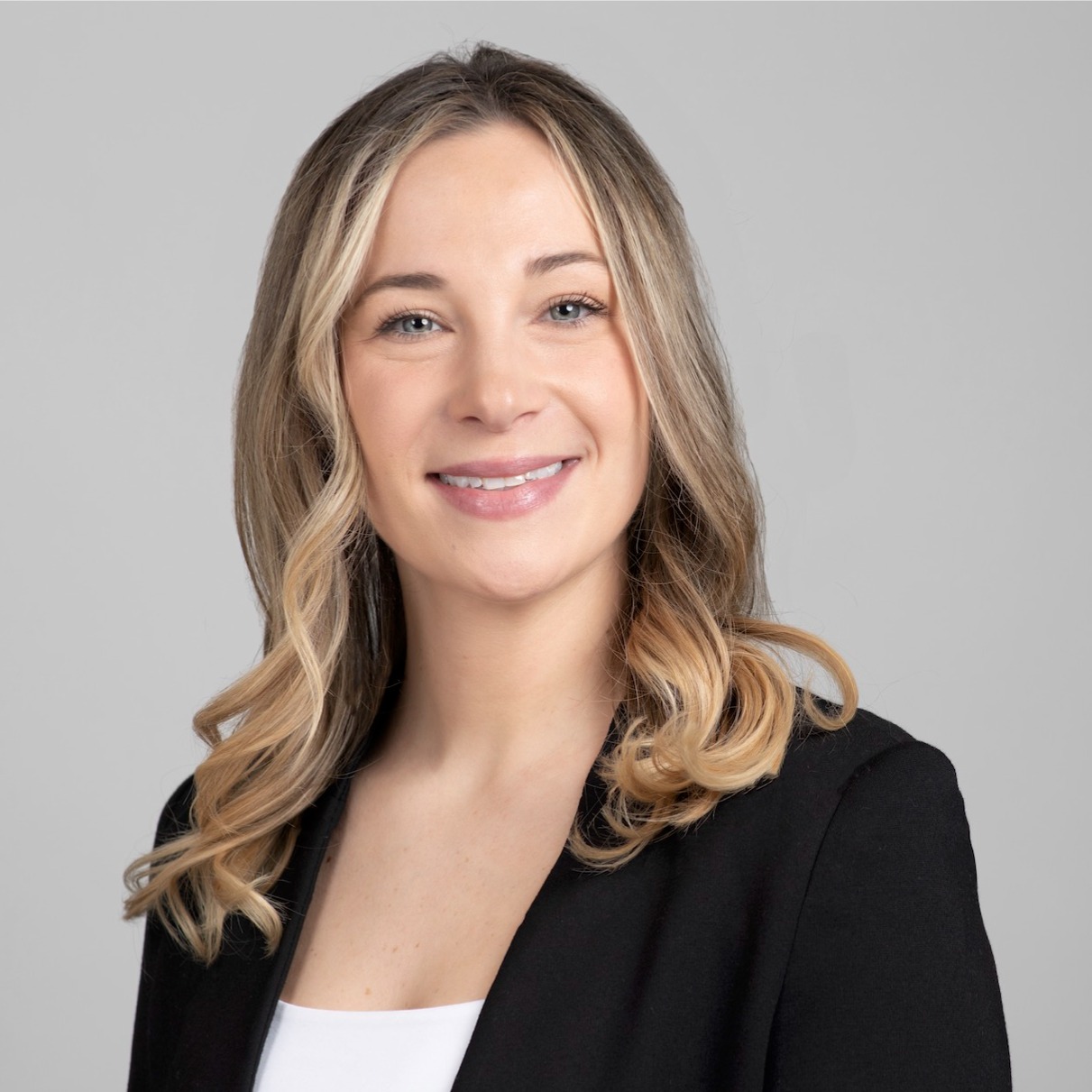
Whether you're looking for a new career or are just in between jobs, getting a Wisconsin real estate license is a great way to earn an income and set your own hours. This is a rewarding industry with many opportunities. There are also many flexibility options for those who are willing and able to put in the work.
The first step to obtaining your wisconsin real estate license is to complete the education requirements, including the 72-hour prelicensing course and the state exam. This can be done either in person, online, or using a program that is approved for self-study.
The average student will take approximately two months to complete the course. If you are able to keep going with it, you will be able to get your real estate license in no more than a month. Students choose to study online because they can learn at their own pace, and can work around work or their homes.
Students should ensure that they have reviewed all of their educational materials and taken practice tests prior to taking the state exam. This will help them feel more prepared for the actual exam.

Once you have completed the education requirements, it is possible to apply for your real estate license via the Department of Safety and Professional Services. The initial fee for the application is $75. Each year, a renewal fee costs $60. You can apply online or by mailing a paper application with proof of education and sales experience.
The DSPS will conduct a background check before you can take your licensing exam. The DSPS will look at your criminal record in order to verify that you are competent to work as a real-estate agent. You should disclose any convictions as soon as possible to avoid losing your license.
After passing your background check, you can apply for your Wisconsin real property license. You can apply online through the DSPS Online Licensure Application System or by mail, and you'll need to provide your license number, date of birth, and social security number.
In Wisconsin, you might be able to use your license from another state if your license is valid. This is called license reciprocity.
Sponsoring brokers can be found to help you with the licensing process. They will also provide support and mentoring. The best brokerages will have a strong team of experienced agents and be staffed with people who are willing to give you the support and training you need to succeed in your new career.

How to become an agent for real estate in Wisconsin
After you've finished your education and passed the state examination, you can apply through a sponsoring broker for your Wisconsin real property license. The real estate brokerage will help you submit your application and ensure that you meet all of the necessary license requirements.
Real estate is an exciting and fast-paced career choice with lots of growth potential. But it can also be very expensive. It is important that you choose an affordable school that allows for flexibility and affordability if you are looking to get your real estate education in Wisconsin.
FAQ
Can I purchase a house with no down payment?
Yes! Yes! There are many programs that make it possible for people with low incomes to buy a house. These programs include government-backed mortgages (FHA), VA loans and USDA loans. For more information, visit our website.
What is a reverse mortgage?
A reverse mortgage allows you to borrow money from your house without having to sell any of the equity. This reverse mortgage allows you to take out funds from your home's equity and still live there. There are two types: government-insured and conventional. You must repay the amount borrowed and pay an origination fee for a conventional reverse loan. FHA insurance covers repayments.
Do I need flood insurance
Flood Insurance protects against damage caused by flooding. Flood insurance protects your belongings and helps you to pay your mortgage. Learn more about flood coverage here.
How do I calculate my interest rates?
Interest rates change daily based on market conditions. The average interest rate over the past week was 4.39%. Divide the length of your loan by the interest rates to calculate your interest rate. Example: You finance $200,000 in 20 years, at 5% per month, and your interest rate is 0.05 x 20.1%. This equals ten bases points.
Statistics
- This means that all of your housing-related expenses each month do not exceed 43% of your monthly income. (fortunebuilders.com)
- Over the past year, mortgage rates have hovered between 3.9 and 4.5 percent—a less significant increase. (fortunebuilders.com)
- The FHA sets its desirable debt-to-income ratio at 43%. (fortunebuilders.com)
- This seems to be a more popular trend as the U.S. Census Bureau reports the homeownership rate was around 65% last year. (fortunebuilders.com)
- When it came to buying a home in 2015, experts predicted that mortgage rates would surpass five percent, yet interest rates remained below four percent. (fortunebuilders.com)
External Links
How To
How to Find an Apartment
When you move to a city, finding an apartment is the first thing that you should do. This involves planning and research. This involves researching and planning for the best neighborhood. There are many ways to do this, but some are easier than others. Before you rent an apartment, consider these steps.
-
It is possible to gather data offline and online when researching neighborhoods. Online resources include Yelp. Zillow. Trulia. Realtor.com. Local newspapers, landlords or friends of neighbors are some other offline sources.
-
Read reviews of the area you want to live in. Yelp, TripAdvisor and Amazon provide detailed reviews of houses and apartments. You may also read local newspaper articles and check out your local library.
-
To get more information on the area, call people who have lived in it. Ask them what the best and worst things about the area. Also, ask if anyone has any recommendations for good places to live.
-
You should consider the rent costs in the area you are interested. If you are concerned about how much you will spend on food, you might want to rent somewhere cheaper. Consider moving to a higher-end location if you expect to spend a lot money on entertainment.
-
Find out about the apartment complex you'd like to move in. What size is it? What is the cost of it? Is it pet friendly What amenities are there? Are there parking restrictions? Do tenants have to follow any rules?